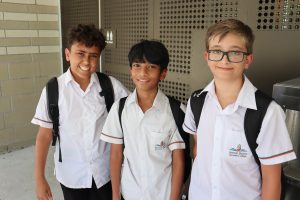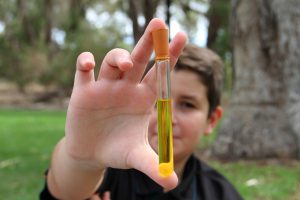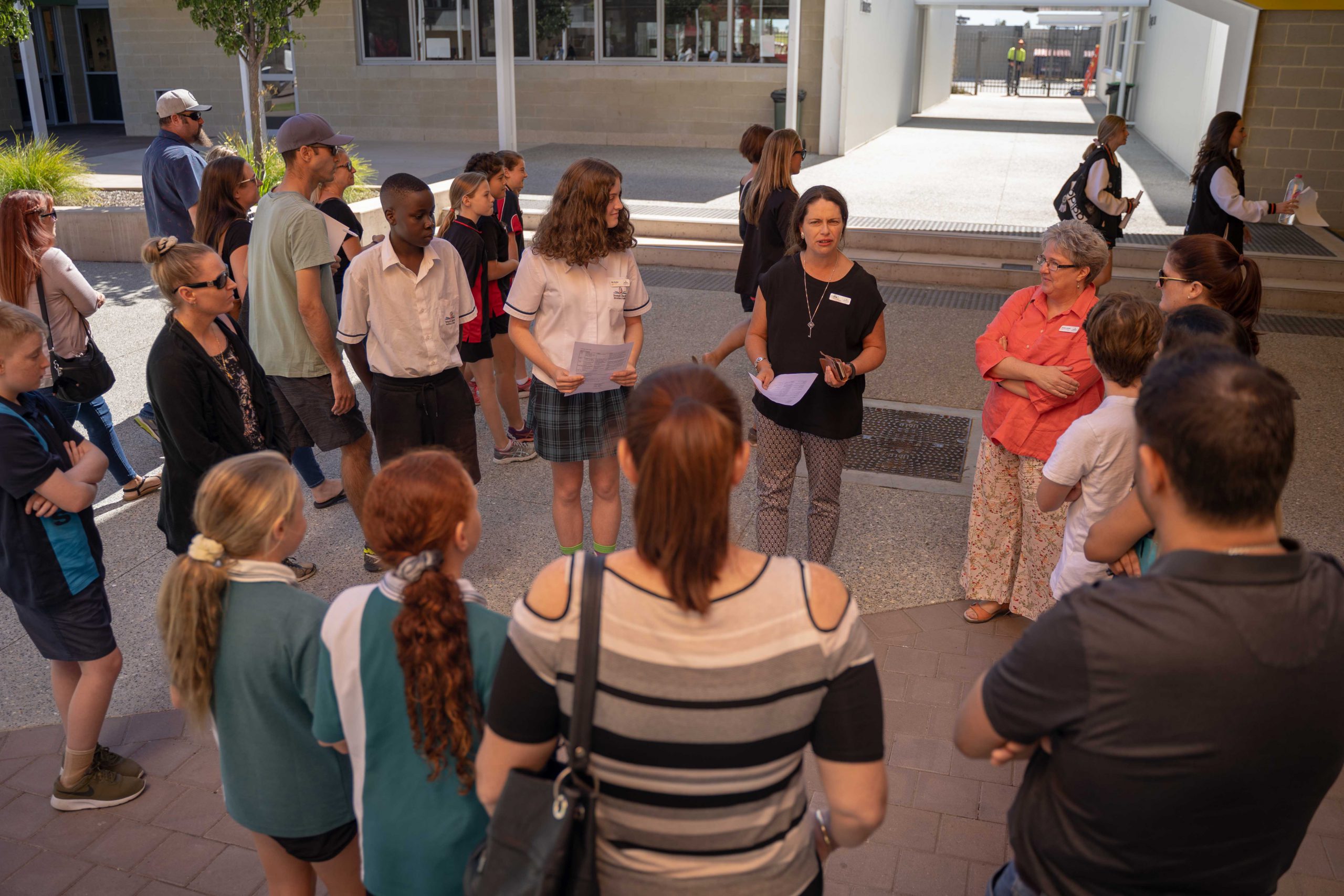Literature (ATAR)
Course Code: AELIT/ATLIT
Domain: English
Timetable: Semester 1 and 2
Length of Course: 2 Years
Unit Information
The Literature ATAR course focuses on the study of literary texts and developing students as independent, innovative and creative learners and thinkers who appreciate the aesthetic use of language; evaluate perspectives and evidence; and challenge ideas and interpretations. The Literature ATAR course explores how literary texts construct representations, shape perceptions of the world and enable us to enter other worlds of the imagination.
Students enjoy and respond creatively and critically to literary texts drawn from the past and present and from Australian and other cultures. They reflect on what these texts offer them as individuals, as members of Australian society and as world citizens.
Students establish and articulate their views through creative response and logical argument. They reflect on qualities of literary texts, appreciate the power of language and inquire into the relationships between texts, authors, readers, audiences and contexts.
Year 11
Unit One
Unit 1 develops students’ knowledge and understanding of different ways of reading and creating literary texts drawn from a widening range of historical, social, cultural and personal contexts. Students analyse the relationships between language, text, contexts, individual points of view and the reader’s response.
This unit develops knowledge and understanding of different literary conventions and storytelling traditions and their relationships with audiences. A range of literary forms is considered: prose fiction, poetry and drama. The significance of ideas and the distinctive qualities of texts are analysed through detailed textual study.
Through the creation of analytical responses, students frame consistent arguments that are substantiated by relevant evidence. In the creation of imaginative texts, students explore and experiment with aspects of style and form.
Unit Two
Unit 2 develops students’ knowledge and understanding of intertextuality, the ways literary texts connect with each other. Drawing on a range of language and literary experiences, students consider the relationships between texts, genres, authors, readers, audiences and contexts. The ideas, language and structure of different texts are compared and contrasted. Exploring connections between texts involves analysing their similarities and differences through an analysis of the ideas, language used and forms of texts. Students create analytical responses that are evidence-based and convincing. By experimenting with text structures and language features, students understand how their imaginative texts are informed by analytical responses.
Year 12
Unit Three
Unit 3 develops students’ knowledge and understanding of the relationship between language, culture and
identity in literary texts. Students inquire into the power of language to represent ideas, events and people,
comparing these across a range of texts, contexts, modes and forms. Through critical analysis and
evaluation, the values and attitudes represented in and through texts and their impact on the reader are
examined. Throughout the unit, students create analytical responses that are characterised by a confident,
engaging style and informed observation. In creating imaginative texts, students experiment with language,
adapt forms, and challenge conventions and ideas.
Unit Four
Unit 4 develops students’ appreciation of the significance of literary study through close critical analysis of
literary texts drawn from a range of forms, genres and styles. Students reflect upon the creative use of
language, and the structural and stylistic features that shape meaning and influence response. The unit
focuses on the dynamic nature of literary interpretation and considers the insights texts offer, their use of
literary conventions and aesthetic appeal. Students’ analytical responses demonstrate increasing
independence in interpreting texts and synthesising a range of perspectives into critical and imaginative
responses. In creating imaginative texts, students experiment with literary conventions and reflect on how
the created text takes into account the expectations of audiences.
Pathway Information
Tertiary
Workforce
Students undertaking this course may wish to consider tertiary studies in:
- English and Literary Studies
- Bachelor of Arts
- English and Cultural Studies
- Bachelor of Education
This course suits direct workforce entry into the following:
- Administration
- Copywriting
- Education Assistant
- Librarian
- Writer
- Marketing
Additional Information
Estimated Charges: $100 per year



